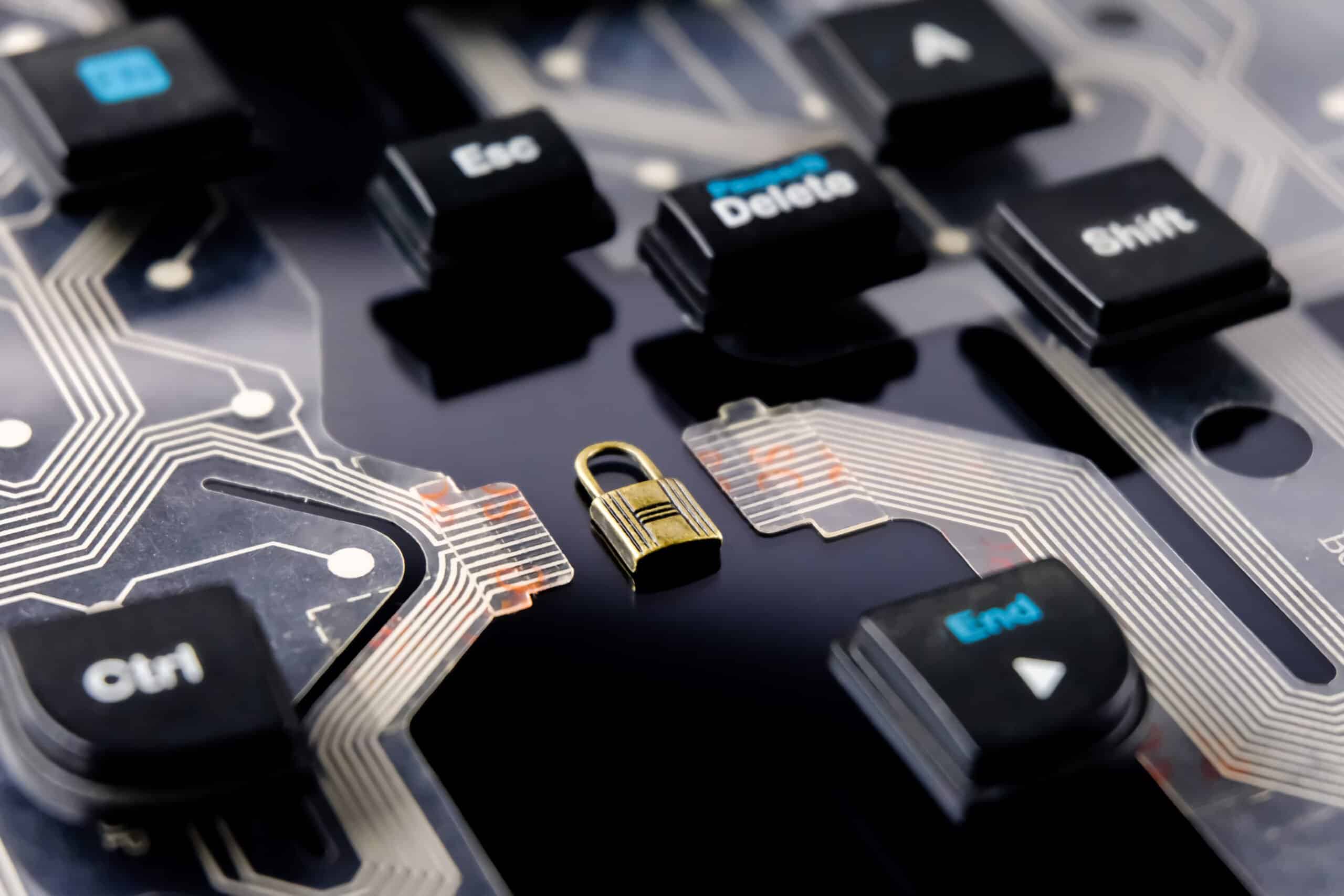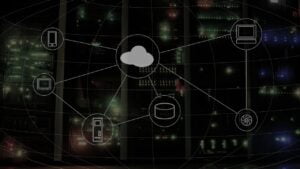The modern workplace is increasingly reliant on technology, making it more vulnerable to cyber threats. Cybersecurity has become a critical concern for businesses of all sizes. In this article, we will explore the importance of cybersecurity in the modern workplace.
- Protecting Sensitive Information
The most important reason to prioritize cybersecurity in the modern workplace is to protect sensitive information. Data breaches can result in significant financial losses, reputational damage, and even legal liability. Businesses must safeguard their customers’ personal and financial information, as well as their own sensitive business data, such as financial records and intellectual property.
- Maintaining Business Continuity
A cybersecurity breach can bring a business to its knees. A cyber attack can cause system downtime, disrupt operations, and result in lost productivity. Cybersecurity measures, such as firewalls and intrusion detection systems, help prevent these disruptions and ensure that businesses can continue to operate smoothly even in the face of cyber threats.
- Building Customer Trust
Customers expect businesses to keep their personal information safe. A data breach can damage customer trust, resulting in lost revenue and damage to a business’s reputation. By prioritizing cybersecurity, businesses can demonstrate their commitment to protecting their customers’ information and build trust and loyalty.
- Compliance with Regulations
Many industries are subject to regulations governing the handling and protection of sensitive information. Failure to comply with these regulations can result in significant fines and other penalties. Cybersecurity measures, such as encryption and access controls, help businesses comply with these regulations and avoid legal liability.
- Mitigating Cyber Threats
Cyber threats are constantly evolving, and businesses must be proactive in mitigating them. Cybersecurity measures, such as regular software updates and employee training, can help prevent attacks before they occur. Businesses must also have a plan in place to respond to a cyber attack if one does occur.
- Protecting Remote Workers
The COVID-19 pandemic has forced many businesses to adopt remote work models. This has created new challenges for cybersecurity, as remote workers are more vulnerable to cyber threats. Businesses must implement cybersecurity measures, such as virtual private networks (VPNs) and two-factor authentication, to protect remote workers and their sensitive information.
- Protecting Against Ransomware
Ransomware attacks are on the rise, and they can have devastating consequences for businesses. Ransomware is a type of malware that encrypts a business’s data and demands a ransom to unlock it. Cybersecurity measures, such as regular data backups and employee training, can help prevent ransomware attacks and minimize their impact if they do occur.
- Protecting Against Phishing Attacks
Phishing attacks are another common cyber threat. Phishing is a type of social engineering attack that tricks employees into revealing sensitive information, such as login credentials. Cybersecurity measures, such as employee training and spam filters, can help prevent phishing attacks and minimize their impact if they do occur.
In conclusion, cybersecurity is critical for businesses in the modern workplace. It protects sensitive information, maintains business continuity, builds customer trust, ensures compliance with regulations, mitigates cyber threats, protects remote workers, and protects against ransomware and phishing attacks. Businesses must prioritize cybersecurity to safeguard their operations, their customers’ information, and their reputations. Failure to do so can result in significant financial losses and damage to a business’s reputation.









